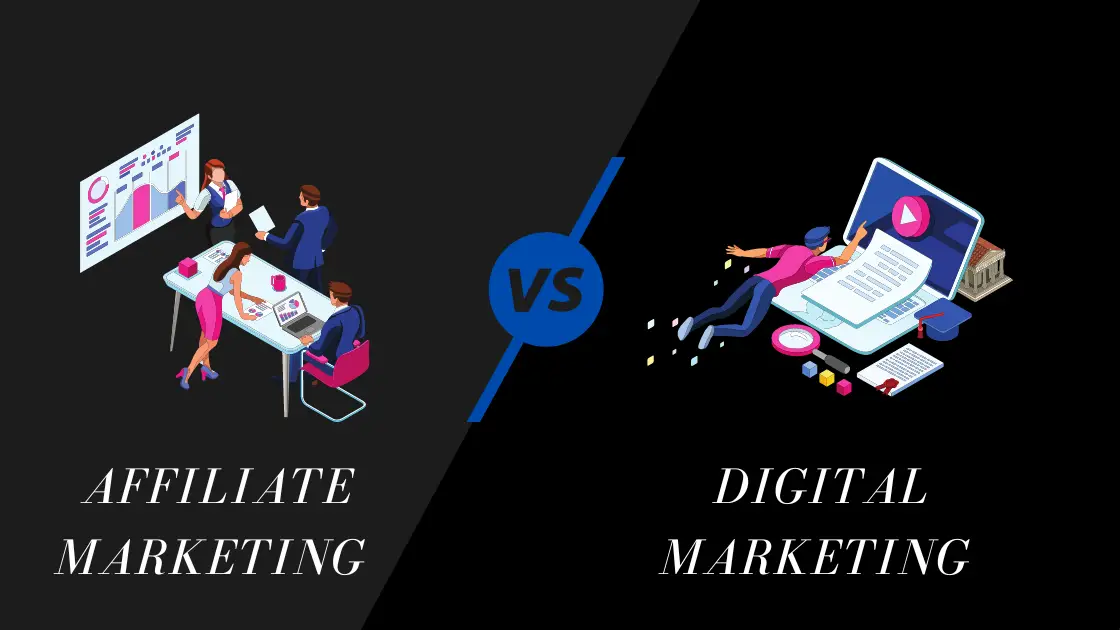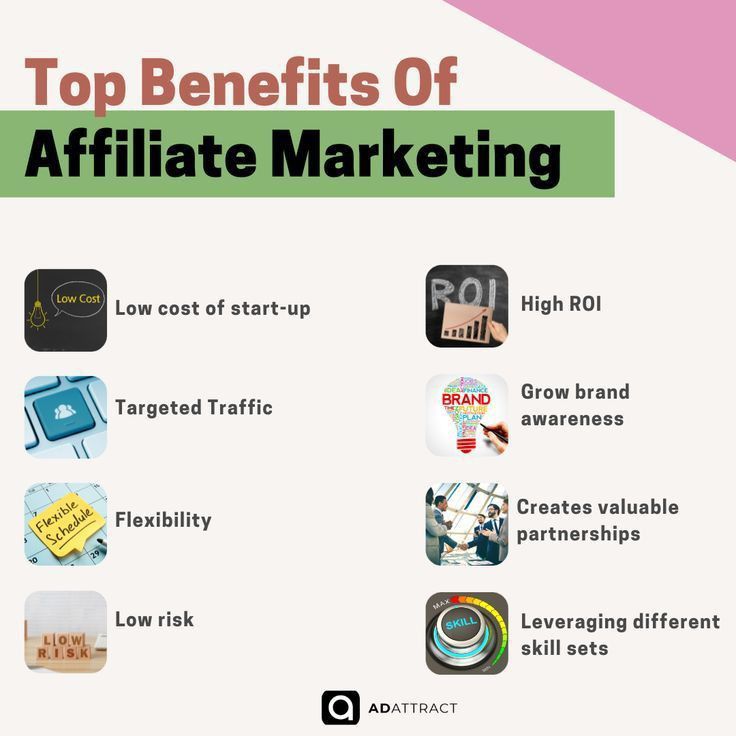
In this captivating blog post, we dive into the world of digital marketing and affiliate marketing, providing you with a comprehensive understanding of the basics. Starting with an introduction, we lay the groundwork for your journey into these exciting realms.
From there, we explore the intricacies of affiliate marketing, unraveling how it works and its potential for success. But that’s not all! We also unveil the vast landscape of digital marketing, shedding light on the various strategies and channels available to marketers in today’s digital age. To top it off, we compare affiliate marketing and digital marketing, weighing their pros and cons. This insightful analysis will help you determine which approach is best suited for your goals and aspirations. Don’t miss out on this opportunity to gain valuable knowledge and insights. Watch now and unlock the secrets of successful marketing in the digital era.
But before we dive into the details, let’s start by understanding the basics. Marketing is all about promoting products or services to potential customers. It involves various strategies and channels to reach and engage with the target audience. Affiliate marketing and digital marketing are two popular approaches used by businesses to achieve their marketing goals. So, let’s get started and explore these fascinating concepts!

Exploring Affiliate Marketing
Now that we have a solid understanding of the basics, let’s dive into the fascinating world of affiliate marketing. So, what exactly is affiliate marketing? Well, it’s a performance-based marketing strategy where businesses reward affiliates for each customer or visitor brought in through their marketing efforts.
These affiliates can be individuals or companies who promote products or services on their platforms, such as websites, blogs, or social media channels. When a potential customer clicks on the affiliate’s unique tracking link and makes a purchase or completes a desired action, the affiliate earns a commission.
It’s a win-win situation for both the business and the affiliate, as the business gains new customers and the affiliate earns passive income. Affiliate marketing relies heavily on building strong relationships between businesses and affiliates, as trust and credibility play a crucial role in driving successful campaigns. Now that you have a grasp of how affiliate marketing works, let’s move on to unraveling the intricacies of digital marketing!

Unveiling Digital Marketing: Strategies and Channels
Now that we’ve explored the fascinating world of affiliate marketing, it’s time to unveil the strategies and channels of digital marketing. Digital marketing encompasses a wide range of tactics and techniques used to promote products or services online.
One of the key strategies in digital marketing is search engine optimization (SEO), which involves optimizing a website’s content and structure to improve its visibility on search engine results pages. Another popular strategy is social media marketing, where businesses leverage platforms like Facebook, Instagram, and Twitter to connect with their target audience and build brand awareness.
Email marketing is also an effective digital marketing channel, allowing businesses to reach out to their customers directly through personalized email campaigns. Content marketing plays a crucial role in digital marketing, as businesses create valuable and relevant content to attract and engage their audience.
Other channels include pay-per-click advertising, influencer marketing, and video marketing. Each strategy and channel has its unique benefits and considerations, and successful digital marketers often employ a combination of these approaches to achieve their goals. Now that you have a glimpse into the world of digital marketing, let’s move on to comparing affiliate marketing and digital marketing to understand their pros and cons.

Comparing Affiliate Marketing and Digital Marketing: Pros and Cons
Now that we have a solid understanding of both affiliate marketing and digital marketing, let’s compare the two and explore their pros and cons.
Affiliate marketing offers a unique advantage in that it allows businesses to leverage the influence and reach of affiliates to promote their products or services. This means that businesses can tap into an existing network of loyal followers and potentially reach a wider audience. Additionally, affiliate marketing is performance-based, meaning businesses only pay affiliates when they successfully generate sales or leads.
On the other hand, digital marketing provides businesses with a wide range of strategies and channels to promote their offerings. With digital marketing, businesses have more control over their marketing efforts and can tailor their campaigns to specific target audiences. Furthermore, digital marketing allows for greater flexibility and scalability, as businesses can easily adjust their strategies based on real-time data and insights.
However, digital marketing can be more time-consuming and resource-intensive compared to affiliate marketing. It requires ongoing optimization, monitoring, and investment in various channels.
Both affiliate marketing and digital marketing have their strengths and weaknesses. The choice between the two ultimately depends on the specific goals, resources, and target audience of a business. By understanding the pros and cons of each approach, businesses can make informed decisions and develop effective marketing strategies.
%20_%20Affiliate%20Marketing%20Strategies%20(1).jpeg)







Wow, wonderful weblog structure! How long have you been blogging
for? you made running a blog look easy. The overall look of your web site
is excellent, let alone the content! You can see similar here e-commerce